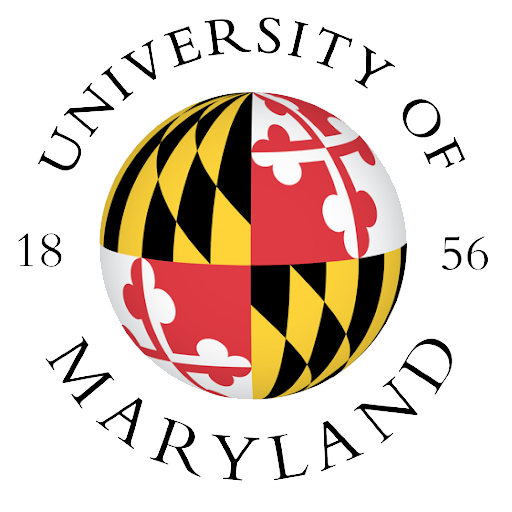Designing an Algorithm for Conveyor Belts
For my practicum, I interned at Impact Automation in Columbia, Maryland. Impact is a conveyor belt company owned by my neighbor, Steve Wargo. They design and manufacture various types of conveyor belts for different items, using their own sorting strategies. Last summer, Steve called me and asked if I was interested in helping with an issue they encountered on their Singulator conveyor belt. I visited the warehouse that day, where he showed me the conveyor belt and explained the problem. I immediately agreed to help and started working as an intern the following Monday at 9 am.
My advice to any scholars looking for a practicum would be to jump on any opportunity that comes your way. During that first meeting, I asked Steve if I could use this experience for my Scholars practicum requirement, and we signed the contract. I realize that I was incredibly lucky to have someone reach out and offer me a job for the rest of the summer and this is not the norm. However, if a similar situation presents itself, I highly recommend seizing it.
Working at a company like Impact was really interesting because everyone who worked there was an engineer. I’m studying math and computer science, so while we have a STEM background in common, I approached the problem differently and provided a fresh perspective. Steve originally contacted me because of my math and computer science background and thought I would be a good candidate to create this specific algorithm.
The Singulator conveyor belt takes in 4 lanes of scrambled packages and adjusts the belt speeds so that the packages come out in a single file line. The issue they faced was that thin packages, like envelopes, would sometimes collide and stack on top of each other instead of exiting the conveyor belt one by one. My task was to develop an algorithm that could detect a potential collision between two or more packages and adjust the belts to prevent stacking.
I learned a lot about algorithm development that I never would have discovered without this experience. In my computer science courses at UMD, I’ve studied a lot of existing algorithms for sorting and managing data structures, but I have never developed a new algorithm from scratch like this. I had to start with the basics, creating equations and assigning variables for speed and distance specific to each package. I also explored different methods for storing the data generated by the light beam sensor at the start of the Singulator, which provides binary data on the location of packages on the belt. This data then needs to be stored and accessed when assessing for a collision risk. I researched shift registers for this, a term that engineering majors would know but I had never run into before.
One of the coolest aspects of the work that I did was that I could go to the warehouse and see the conveyor belt I was working with. I’ve never had such a hands-on experience before, where I could test the package layouts and scenarios directly on the actual machinery.
Although I don’t envision myself working in a company like this after graduation—particularly because my role wasn’t a permanent position at the company—it gave me valuable insight into the workforce. I wasn’t part of the team but rather focused on solving one specific issue. However, it was my first time working in an in-person, full-time office setting. In high school, I had a completely virtual internship as a software developer in the army, but at Impact, I got to share my lunch breaks with my coworkers in the kitchen and experience the structure of a 9-5 job.
One thing that will stick with me as I search for a job post-graduation is that I really appreciated the size of the company. Steve founded Impact in 2018, so it’s still relatively small. I could attend weekly meetings where nearly everyone in the company could gather around one large conference table.
Throughout my internship, I really struggled with imposter syndrome. I often felt that I was not qualified and was way in over my head. But, as I did more research and gained a better understanding of the task, I gained confidence and came up with several solutions. Ultimately, my internship taught me a lot about both science and myself, and I feel much better prepared for the workforce.


